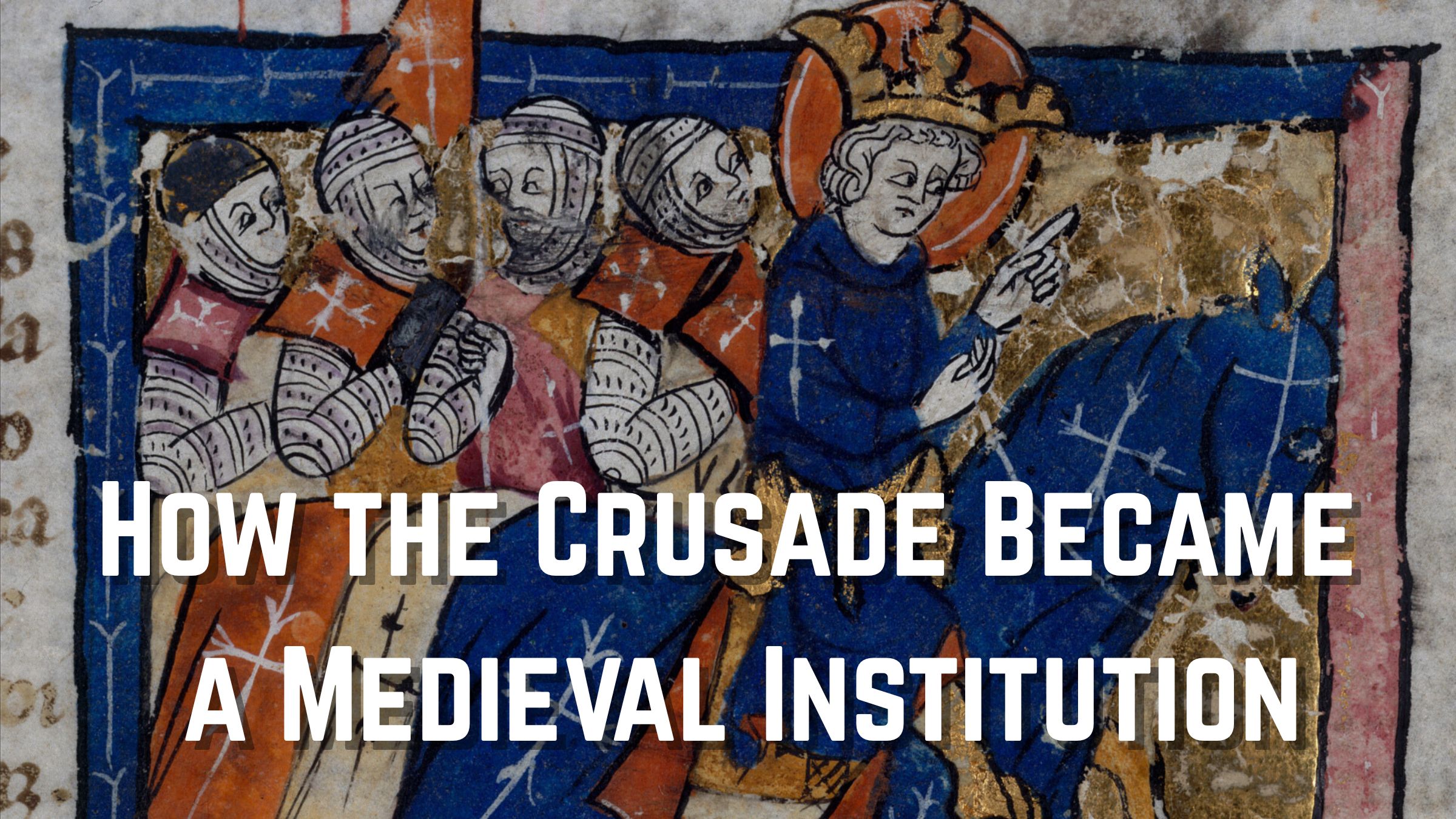
"The institution of the crusade was constructed from the cultural narrative of Christian 'holy war' (bellum sacrum). This included the idea of warfare as a religious act."
"Carl Erdmann posited that the crusades were the culmination of the evolution of 'holy war', evolving through phases that shaped its unique characteristics."
"Augustine established foundational ideas by arguing that military force could restore true faith, defining a just cause for war against doctrinal error and heretics."
"Augustine introduced two discursive currents into medieval war: 'just war' for combating injustice and 'holy war' sanctioned by God, symbolizing a cosmic battle between light and darkness."
The crusade institution emerged from the Christian narrative of 'holy war,' culminating historical evolution characterized by Carl Erdmann. In the 5th century, Augustine laid the foundations, asserting that the unity of the Church justified warfare. He acknowledged the doctrinal prohibition against conversion by force while allowing military action to restore faith among heretics and apostates. Augustine's writings informed the medieval understanding of war, integrating concepts of 'just war' for temporal authority against injustice and 'holy war,' framed as a divine struggle between good and evil.
Read at Medievalists.net
Unable to calculate read time
Collection
[
|
...
]